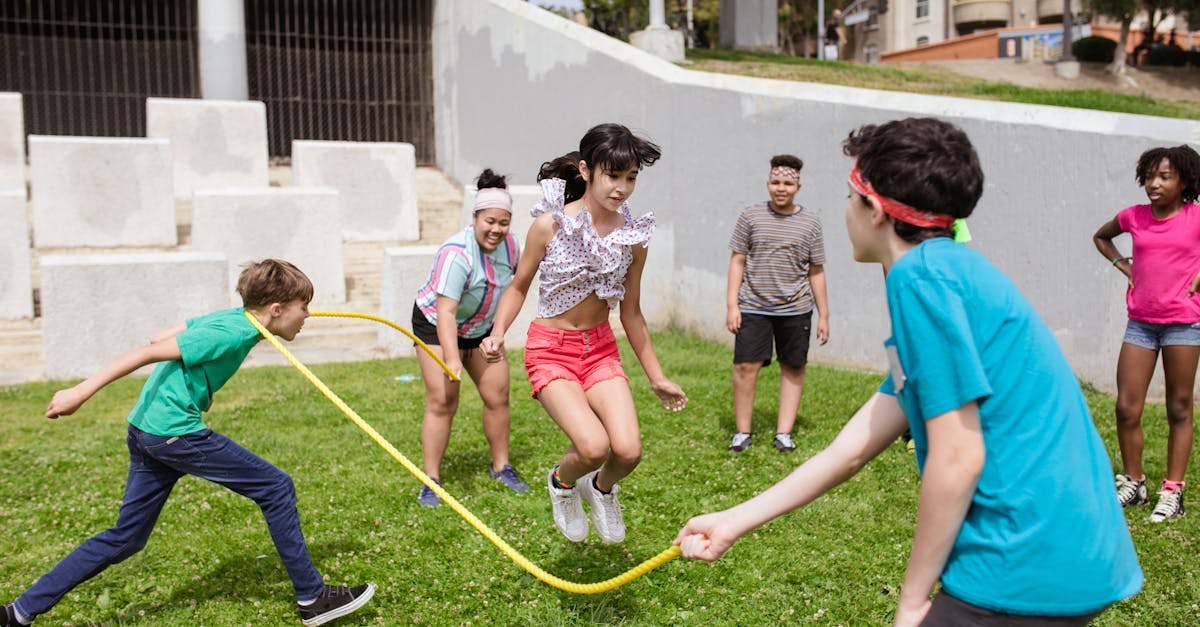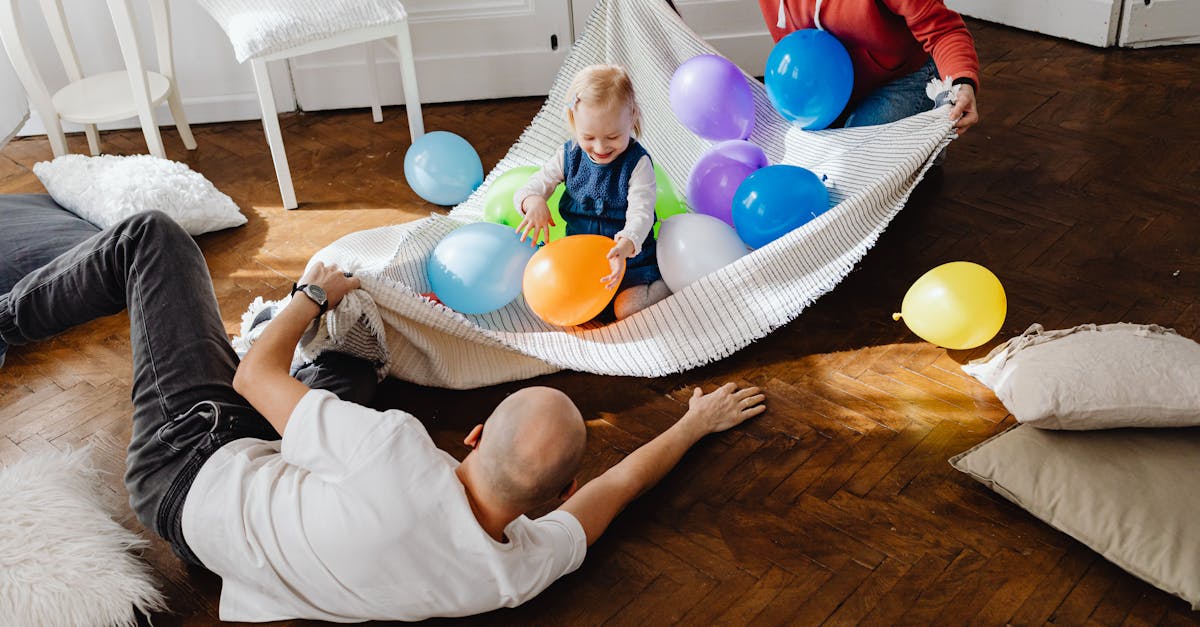Why Teamwork Matters
Teaching preschoolers about teamwork is essential. Teamwork builds skills like sharing and communicating. Believe me, I’ve seen my kids build forts together – it’s a blend of chaos and creativity! Introducing these ideas early sets a foundation for cooperation in their future. It’s not just about them being the next Zuckerberg or Curie; it’s about creating empathetic humans.
Plus, having children in a united force means fewer claims of ‘That’s mine!’ during playtime.
Getting Started with Teamwork
Start with small group activities that encourage sharing. You’ll be thrilled when you see little Tommy handing over a crayon without being bribed with cookies.

Games that Inspire Cooperation
Games are a fantastic way to teach cooperation. Here are two engaging options:
- Shipwrecked!: In this game, kids pretend to be on an island and need each other to ‘survive.’ This game sparks life lessons on problem-solving.
- Red Rover: A classic game that is simple yet perfect for building bonds. As kids link arms to hold their line, they literally feel the strength of unity.
If you can giggle and learn simultaneously, then you’re winning at parenting. Just remember:
- When the line breaks or strategies fail, it’s a chance to teach resilience and teamwork.
- It’s not just about the dramatic collapses on the lawn.

Crafting Collaboration
Art isn’t only about self-expression; it’s a tool for team spirit. Organize collaborative art projects where kids must plan together, like creating a mural.
It can involve swings from frustration to hilarious color speckles, but they learn to listen and compromise. As each child contributes their flair, they build something beautiful, accessing diverse imaginations. The mural reflects everyone’s effort and creativity, showing the blend of individual and collective work.
Such activities highlight the joy in collaboration while sneaking in a lesson about valuing other’s ideas, an essential life skill that gets instilled softly.

Emotional Challenges in Teamwork
Teaching cooperation doesn’t come without hurdles. Kids face emotional struggles like jealousy or selfishness that interfere with teamwork. For instance, a child might monopolize attention or toys, mistakenly believing it’s their right. Address these challenges openly.
Discuss feelings like a traffic cop for their little emotional highway. Use empathy to explore why someone feels upset, reinforcing that emotions are okay, but actions matter.
By understanding and acknowledging their feelings, we teach how to navigate group dynamics empathetically, ensuring they comprehend the importance of valuing others’ feelings alongside their own.

Emphasizing emotional awareness in teamwork is crucial for fostering strong relationships and effective collaboration among children.
Engage and Encourage
Parents, engaging in teamwork activities with your child unlocks cooperation skills. Share your experiences or stories in the comments. Have you crafted the perfect teamwork activity? Or did a ‘perfect plan’ end with a juice box disaster? Encouraging parents to swap tactics creates a learning web far beyond this post.
Try These Activities
- Build a model together using blocks or craft materials.
- Create a garden space and manage it as a team.
- Organize a scavenger hunt for some adventure.
- Work on a puzzle or a board game that requires collaboration.
Share what worked or what needed tweaks, lending support. By building this community, we strengthen our children’s foundations in empathy and cooperation, crafting tomorrow’s adults who work harmoniously whether building bridges or imaginary playground forts.

